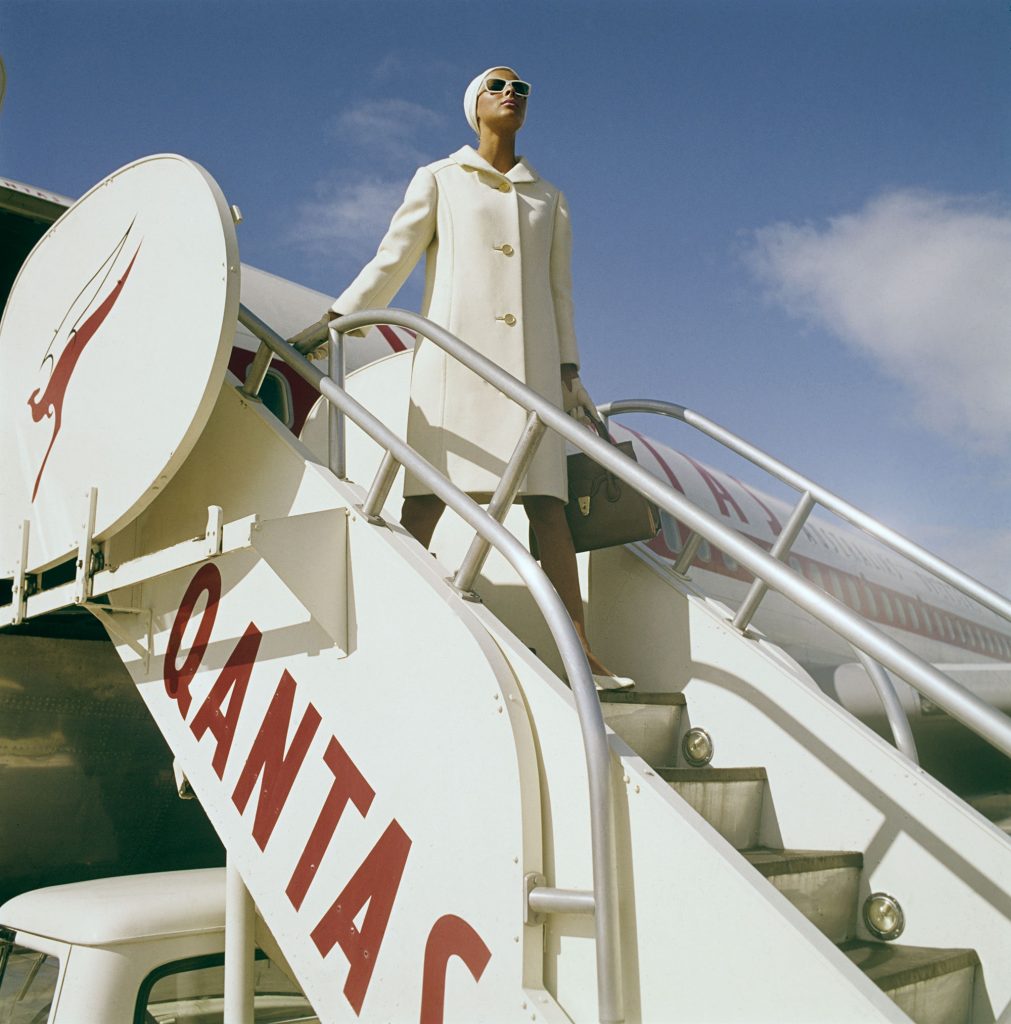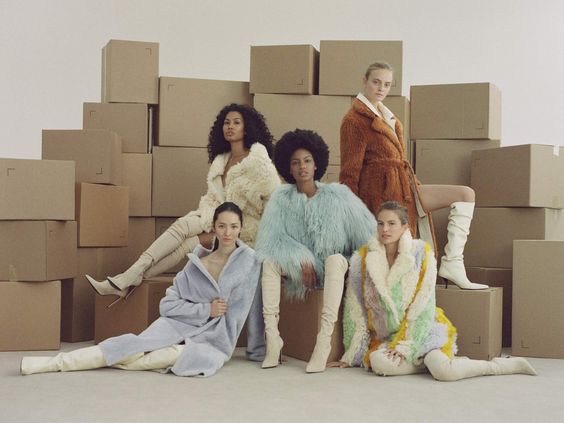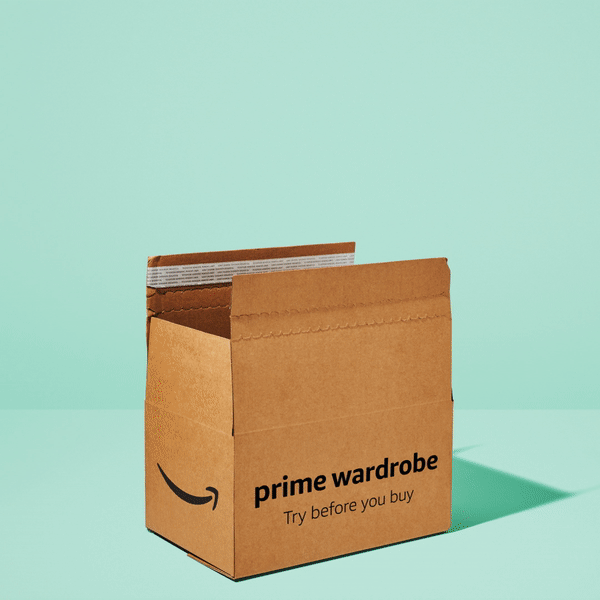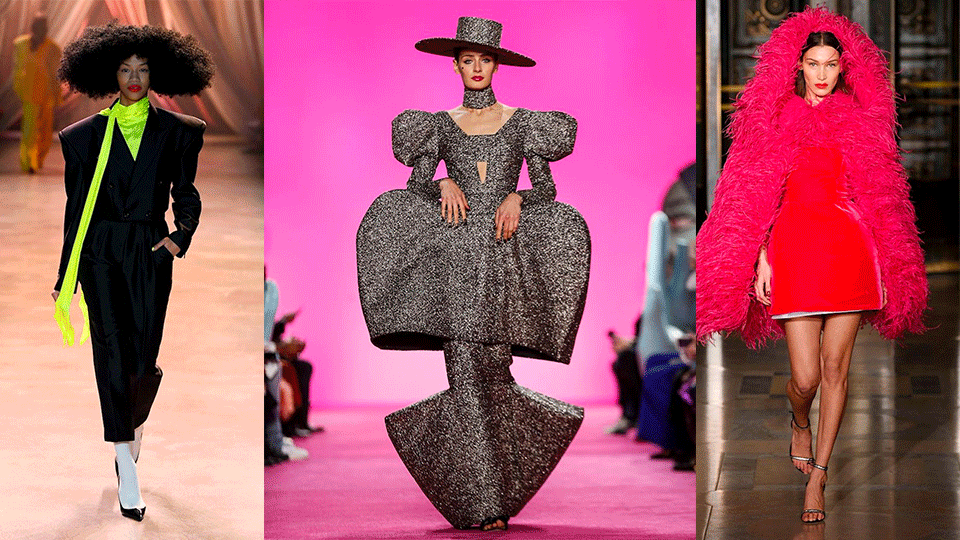- À New Wave to Fashion, À New Way of Living. Download Now on iOS Android Canada SS22
- hello@alahausse.ca
Amazon Sets New Sustainability Standards: Actions to ease availability of Sustainable Products

Virtual Sampling: Reducing Waste in Design & Product Development
June 8, 2021
Laundry Sustainability: How to Green your laundry
June 11, 2021
Written by Danielle Williams, Edited by Chantel Ong
In September 2020, Amazon unveiled a rubric called “climate pledge friendly”, which will be labeled on products that obtain at least one certification from officials involved in environmental and social issues. On April 20, 2021, Amazon announced it will be putting forth added efforts to promote and expand these standards to make it easier for shoppers to find sustainable products. Beginning their launch with 19 external certifications such as Fairtrade International and Carbonfree Certified, Amazon is adding that their prospectus now has four new climate-focused organizations and thousands of innovative products on their lists bringing the total to more than 75,00 amongst the US and EU.
Prior to this announcement, Amazon has taken action with their climate pledge for net-zero emissions by 2040. In regards to Earth Day, many large companies along with Amazon are making similar proclamations regarding environmental endeavors.

The Supposed Standard
Dr. Cyrus Wadia of Amazon says the ‘Climate Pledge’ programme is intended to filter entire product lines for sustainability versus the traditional dedicated eco-friendly sections most ecommerce shops have, and to direct consumers towards more sustainable products while shopping.
“You can be the everyday customer who’s not self-identified as green, but yet you’re going to have experience with the programme.” Says Dr. Wadia, head of sustainable product at Amazon
What the Climate Pledge includes:
Amazon Air
Up to six gallons of sustainable aviation fuel (SAF), contributed on behalf of Shell Aviation and produced by Wold Energy, has been assimilated into their flight programme.
Standard Reporting
All companies involved in the Climate Pledge programme must agree and follow through with regularly reporting their contribution to greenhouse gas emissions.
Carbon Elimination
All signed parties are required to develop and put forth decarbonisation strategies in accordance with the Paris Agreement that include efficiency improvements, renewable energy, materials reduction and more.
Credible Offsets
Participants must also nullify any residual emissions through sustainability offsets to reach a goal of net zero annual carbon emissions by 2040.

The Issues at Amazon
The programme possess limitations that environmental advocates have concerns about in regards to consumption, the concerns mainly revolve around the possibility of causing more environmental harm than good. The certifications mentioned by Amazon only refer to specific apprehensions and lack the ability to address overconsumption and carbon emissions concomitant with it.
Amazon Overconsumption
Maxine Bédat, founder of the New Standard, expresses her concerns apropos “lumping products into an overly broad sustainable category to appeal to a new generation” because she believes it is not the “measurable progress we so desperately need”.
Overconsumption is and has been the biggest issue in the fashion industry for decades, but no matter the sustainability of a product the fundamental issue still remains. Amazon’s sustainability product expert, Dr. Cyrus Wadia says that even though the company is “an at-scale retailer” he is still at a loss with how to “actually use that system to drive positive change”.
Standard Certifications
Although the idea of environmental accountability through certifications is great, there are some problems with the approach. According to the CEO of the Slow Factory Foundation, Celine Semaan “Certifications are rarely holistic. They only calculate the harm caused, and reduced, by one or two elements — while often ignoring the rest of the resources altogether,” She continues with noting that the process as a whole was constructed with little auditing or peer evaluations. Along with that, companies that do obtain certifications are undergoing further reviews to ensure authenticity within the brands morals. In March 2021 Greenpeace accused the Forest Stewardship Council of “greenwashing” environmental issues by providing companies with certifications of sustainability although they haven’t done nearly enough to reduce deforestation. Before being certified, brands should face more interrogative measures to prove their sustainability efforts are valid to avoid false representation of environmental accountability.

The Optimism
Founder and executive director of Canopy (a non-profit for forest conservation), Nicole Rycroft comments on the recent announcement from Amazon with a hopeful outlook, but agrees that the principle values behind the certification needs to be more austere. Now that one of the largest global ecommerce presences is focusing on strategies to encourage customers to make more mindful choices when shopping, Rycroft believes we’re taking “a positive step forward for our planet”.
Leader in product sustainability for Amazon, Dr. Wadia, sustains that the system will bring a much needed shift to the market through emboldening companies to follow suit of brands already involved in the sustainability programme.
10 Participating Brands:
Mercedes-Benz
Microsoft
Verizon
Henkel
Heineken
LifeStraw
Brooks
Coca-Cola
Uber
Colgate-Palmolive

Amazon's Progress
Now more than 100 companies are dedicated to The Climate Pledge announced by Amazon and Global Optimism. April 21, 2021 fifty-two new signatories were added to the pledge bringing their collective generating capital at $1.4 trillion and their employee count to more than 5 million throughout 25 industries in 16 different countries. The Climate Pledge is gaining a powerful presence and is revealing that as a collective, they are strong and can make a positive impact on the environmental issues we face today.
Via ÀLA.HAUSSE‘s Multi-functional and Multi-purposeful Fashion Ecosystem- BUY/SELL/RENT/LEND/ (swap BETA 2021) mobile application, INDIVIDUALS & brands ( BETA 2021) are encouraged to REBUY, RESELL, REUSE and UP-CYCLE their personal “Clossets” aka Clothing Assets, along with overstock inventory and samples. Through this consumerism habit shift we indirectly slow down the urgency on fashion’s carbon footprint, aiding sustainability as a whole.
BETA Early Access Application Now Open for CA Fashion Lovers: Apply Now for LAST CALL
with Stories on www.alahausse.ca
#ALAHAUSSE #WEARYOURPURPOSE #HAUSSEPEOPLE








